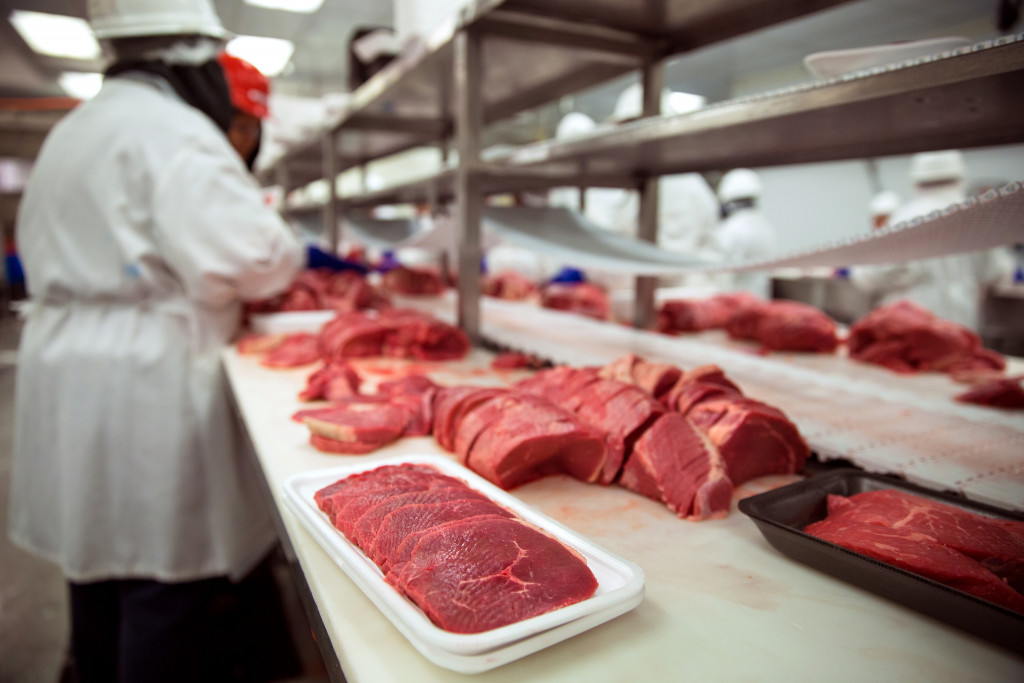For the most part, most of us are aware that most virulent agents can spread through different forms of transmission. While some types of diseases are airborne, pass through pests and insects, or through bodily fluids, some microbes and viruses pass through food sources.
COVID-19, in particular, is known for being able to transmit through droplets. But is it possible to get infected through different food sources? Most of us are looking for answers to this question, especially when a good majority of the population has been heavily reliant on food delivery for their daily sustenance.
As such, ensuring that we practice proper food handling and safety measures can help lessen the number of cases. Simultaneously, cooking can be a legitimate concern, not just for individuals at home, but for restaurants and food services that are delivering food.
Can Food Become Contaminated?
But before we get anywhere, can food be contaminated, and what are the risks and steps people can take to stay safe?
When it comes to COVID-19’s primary medium of infection, it travels through minute droplets. However, transmission can still happen if we come into contact with surfaces and touch our faces. Still, the possibility of contracting it through surfaces is relatively minimal compared to getting it through droplets.
Currently, there are no confirmed reports that people have been infected through food. That is not a surprise since the disease is known for being a respiratory illness. The virus will need to get a hold of a person’s respiratory system to spread effectively.
Thus, food isn’t a concern when it comes to COVID-19, and there is a big possibility that it does not pose a threat to the health of individuals.
How Does It Affect Organic Materials
As we all know, the coronavirus’s first-ever case was contracted through food, according to WHO. But how does it affect vegetables and fruits and other organic materials used as a food source?
Some studies have shown that vegetables and fruits can be contaminated if infected individuals will touch them. However, this does not mean that people have been infected through these surfaces.
Nevertheless, washing and effectively scrubbing vegetables, fruits, and even meat can minimize transmissions. Not only can this help clean off viruses, but this can remove most microbes that might decrease the shelf life of food.
It’s highly recommended that paper bags be disposed of as soon as the food is off-loaded. Reusable bags will need to be disinfected as quickly as possible.
Contrary to what most people think, COVID-19 can still thrive in near-boiling temperatures. That means that it can even survive in hot weather conditions, and it’s still imperative to clean your food when possible.
Safety Measures

- First and foremost, it’s important to disinfect any surface that you have at home. Cleaning countertops, your kitchen, and just about any surface can help mitigate any physical transmissions. After going out, place your clothes and type of fabric on a separate container for laundry pickup and delivery.
- After disinfecting surfaces, you must wash your hands after touching surfaces and coming into contact with others. It’s also crucial to wash and scrub food. Having a vegetable brush can make it more convenient.
- If you don’t have the means of cooking food for yourself, you can have food delivered to your doorstep. When interacting with others, it’s essential to wear a mask when picking up your food.
- To minimize any physical contact with anyone, staying at home can ensure that you do not contract any contagious disease. However, you are permitted to go out as long as it’s necessary.
- When coming into proximity with others, social distancing should be practiced at all times. If possible, avoid crowded areas. It’s been known that being in enclosed spaces where air cannot circulate effectively can increase transmission.
- As you come home, safely dispose of your face mask; do not touch the side facing outwards. If you are using a reusable mask, place it in the same container with the same clothes that you wore when you went out.
In summary, there’s no evidence that people can contract COVID-19 through food sources. Although some tests have shown that food surfaces can be contaminated, the chances of transmission through food are close to non-existent. Still, it’s important to practice personal hygiene while also effectively cleaning food sources right before cooking.
It’s important to note that information regarding the pandemic is continuously changing and updated every day. Most preventive measures and safety precautions are based on present cases and data. Thus, it’s still essential to be vigilant on any new information regarding the pandemic.



